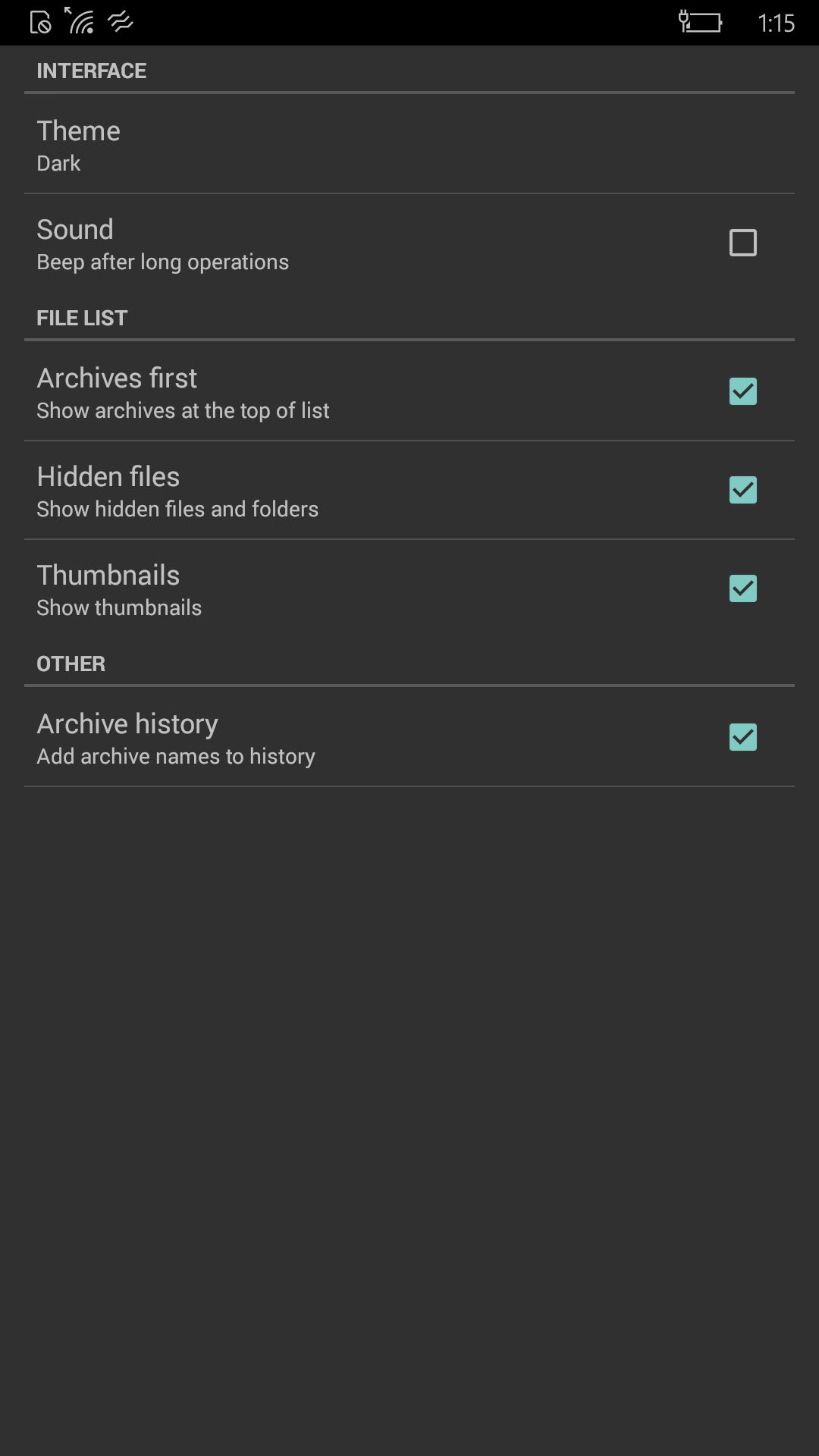
By default the screens have a portrait phone sized windows. Will touchscreens become the new hardware norm? Or support more features to a surface dial (my suggestion)?ģ. What will microsft do to make the interaction more seemless for desktop users. Windows is mainly a desktop mouse and keyboard input UI first. Would provide more flexibity in choice of apps beyond the Microsoft store for people who want it.Ģ.Many of the apps are a touch/input UI first. I think Paul Thorott and Mary Joe Foley had some interesting pointers in this weeks Windows weekly, on this feature that would be nice for Microsft to consider baked in from the start.ġ. So I expect them to get it right this time around. To regurgitate your exaggerative nonsense and throw it back at you, every time (exaggerating) Microsoft has tried something again after failing (prime example: think Windows 7, which they tried again after Windows Vista failed and became their biggest success since XP), they have succeeded. As for Android, you just contradicted itself! This is not new but is a reattempt. Remember how the first Surface failed? Unlike the Surface, Surface Pro succeeded epically, paving the way to turn the Surface brand into a huge money maker, where even Surface Go, which is a direct spiritual successor to the first Surface, sells like hotcakes. If Microsoft failed every time, you would not see so many people still around using their products and services while investors and partners would have dropped them decades ago. Talk about a Negative Nancy who is superlative on steroids. > "hen MS tries something new it either looses their money or ends up with a mediocre experience / device." In the meantime, what are your thoughts on bringing Android apps to Windows 10? Let us know in the comments. I'm told Microsoft is hoping to announce Project Latte next year, and could ship as part of the fall 2021 release of Windows 10.

Microsoft now welcomes many app platforms, including PWA, UWP, Win32, Linux (via WSL) and soon, Android apps.Īssuming Microsoft doesn't cancel its plans with Project Latte, bringing Android apps to the platform will make Windows 10 a near-universal OS when it comes to app support. Microsoft has made it clear in the last couple of years that it no longer considers native Windows apps as the be-all end-all when it comes to app development on the platform. I'll be interested to see what kind of apps show up if Project Latte ever ships, as many Android apps are primarily designed for phones and are less desirable on anything larger than a phone-sized screen. Project Latte will allow app developers to bring over apps that don't already have a Windows version available.


 0 kommentar(er)
0 kommentar(er)
